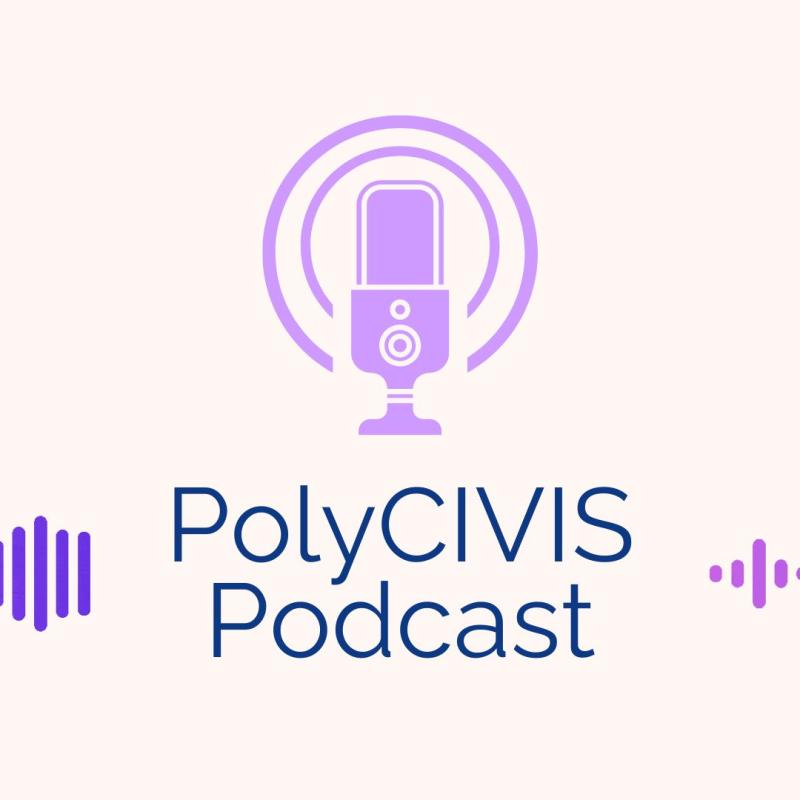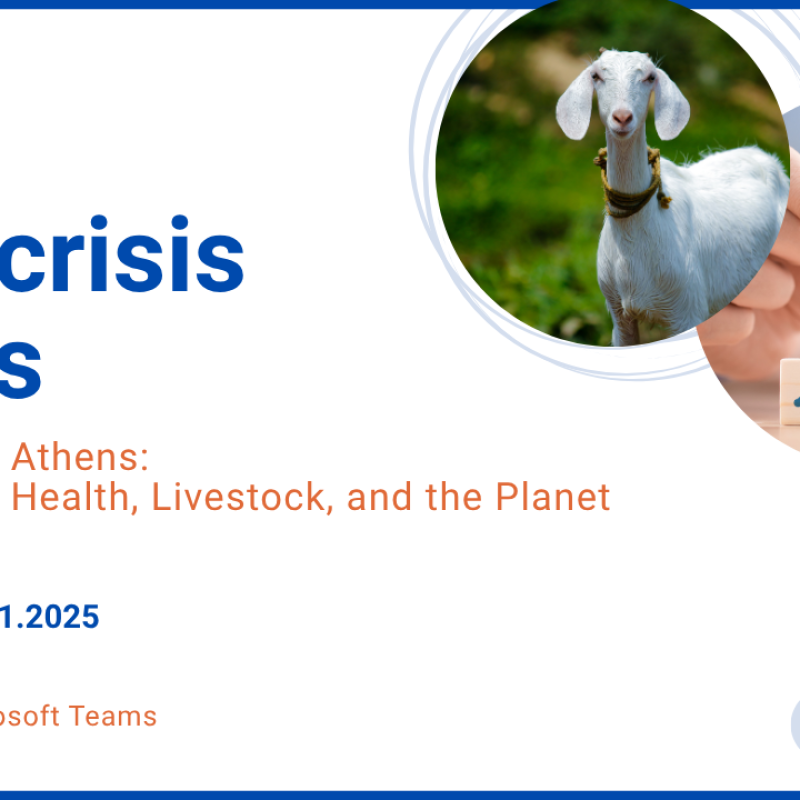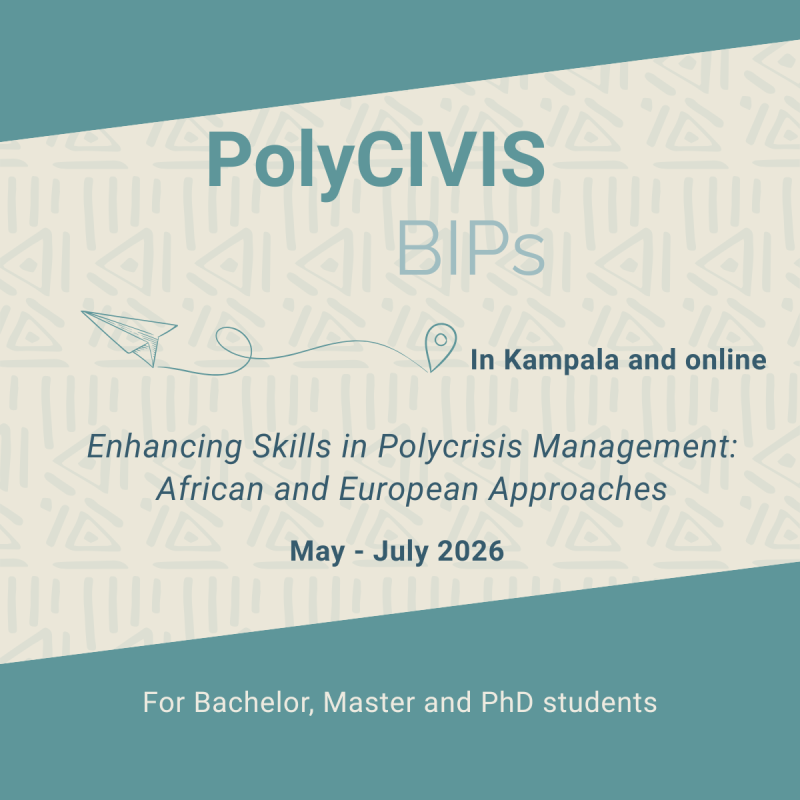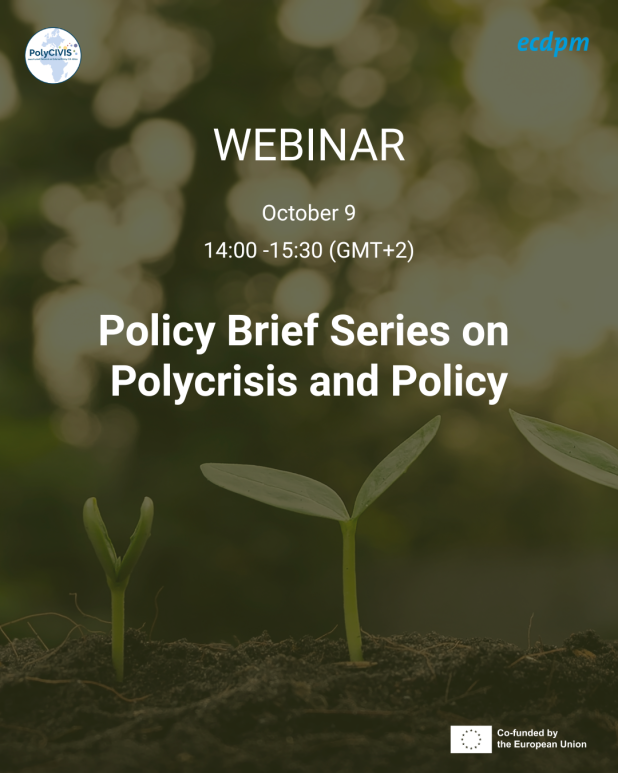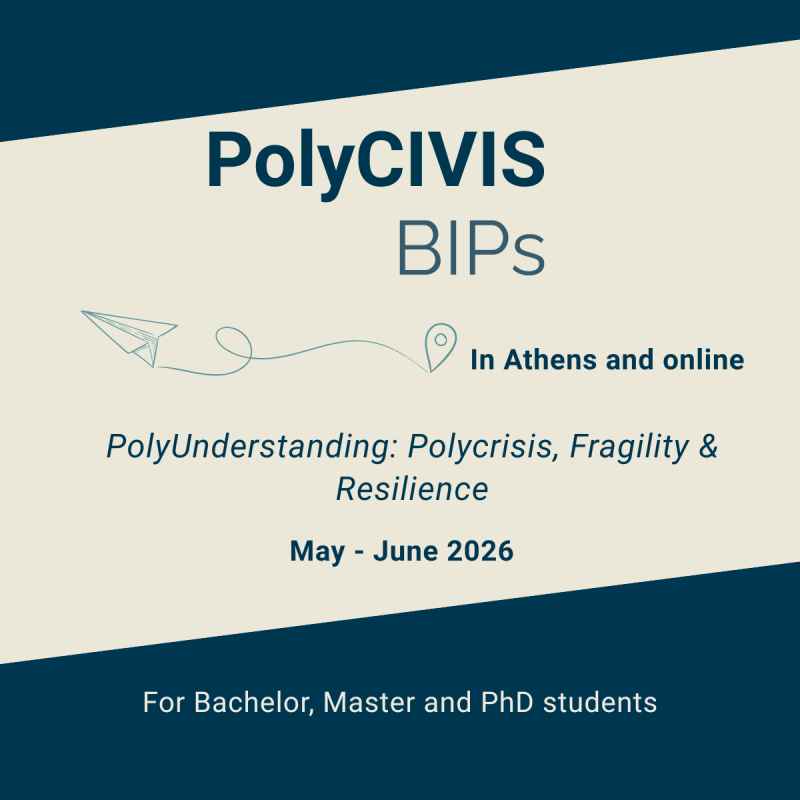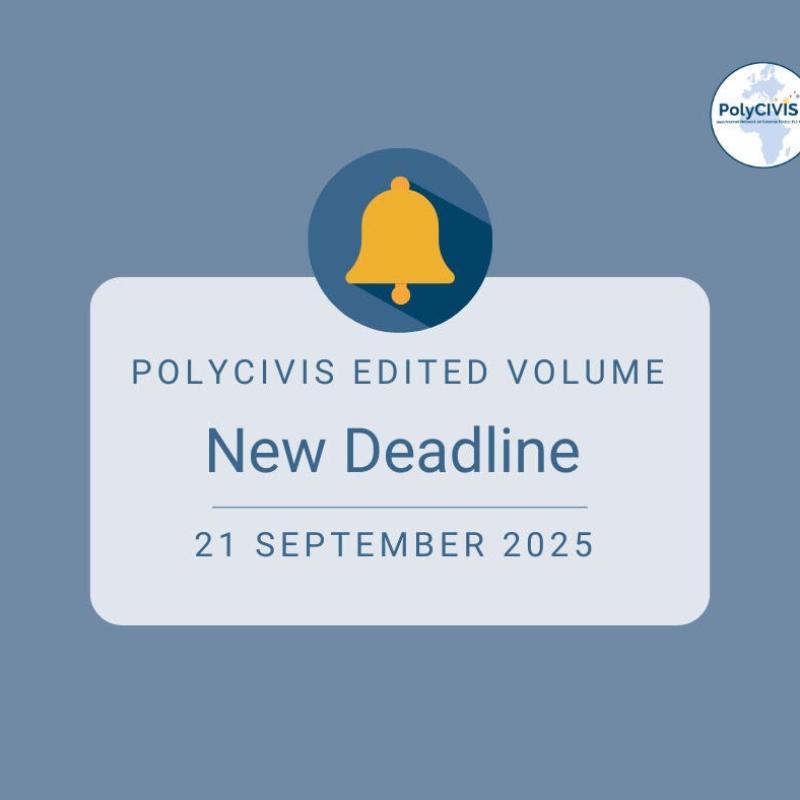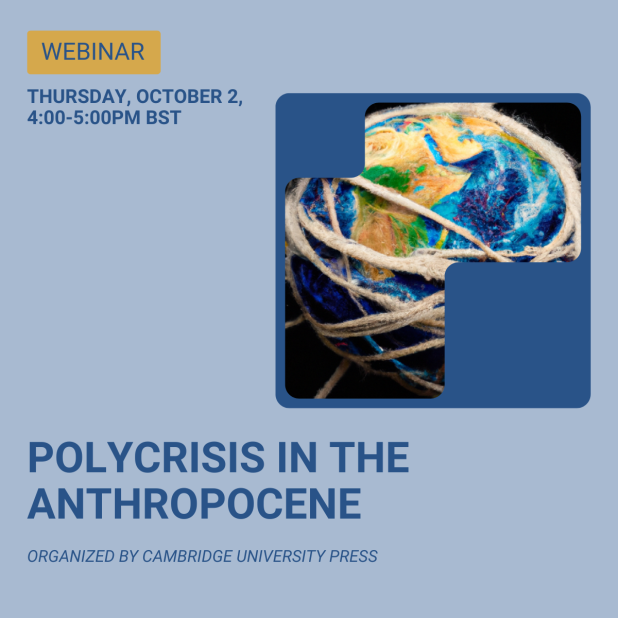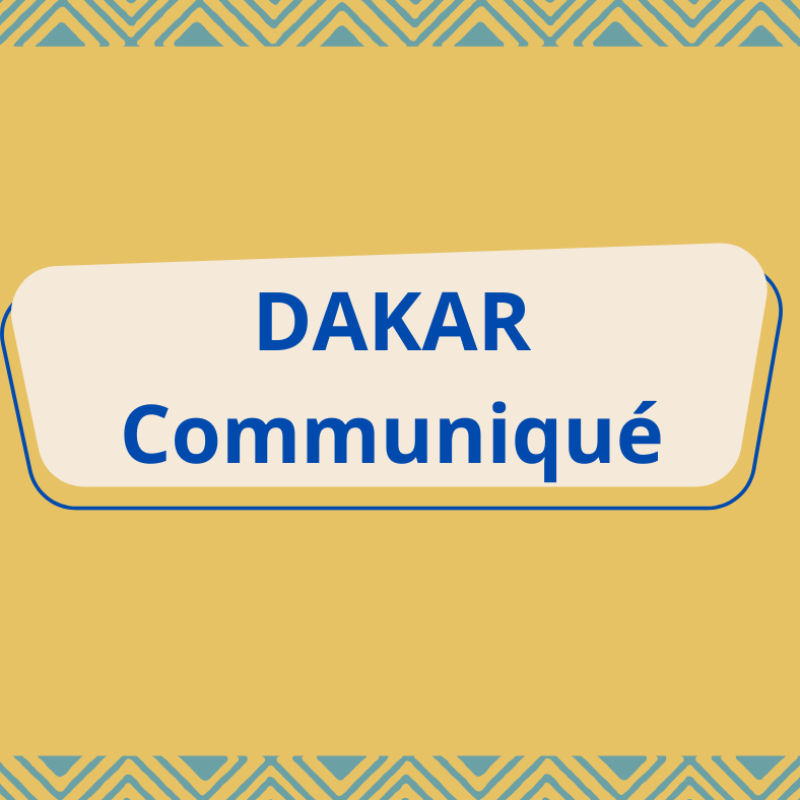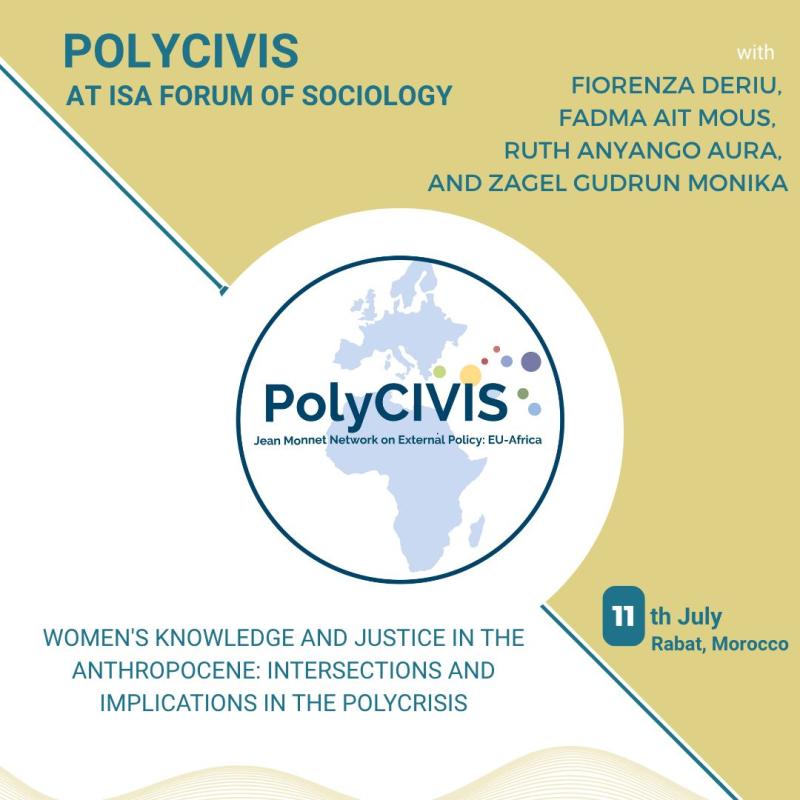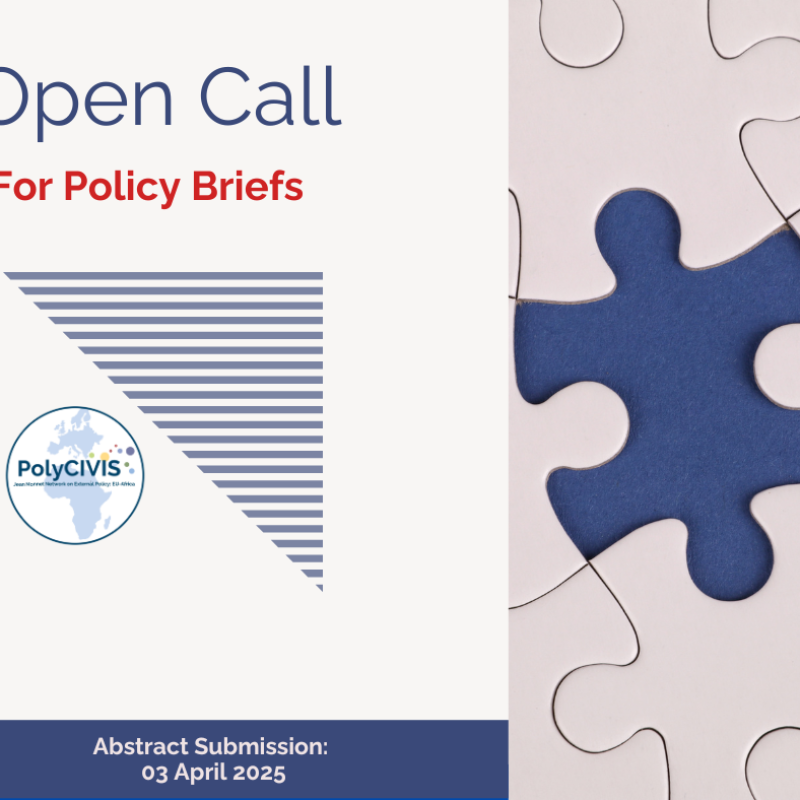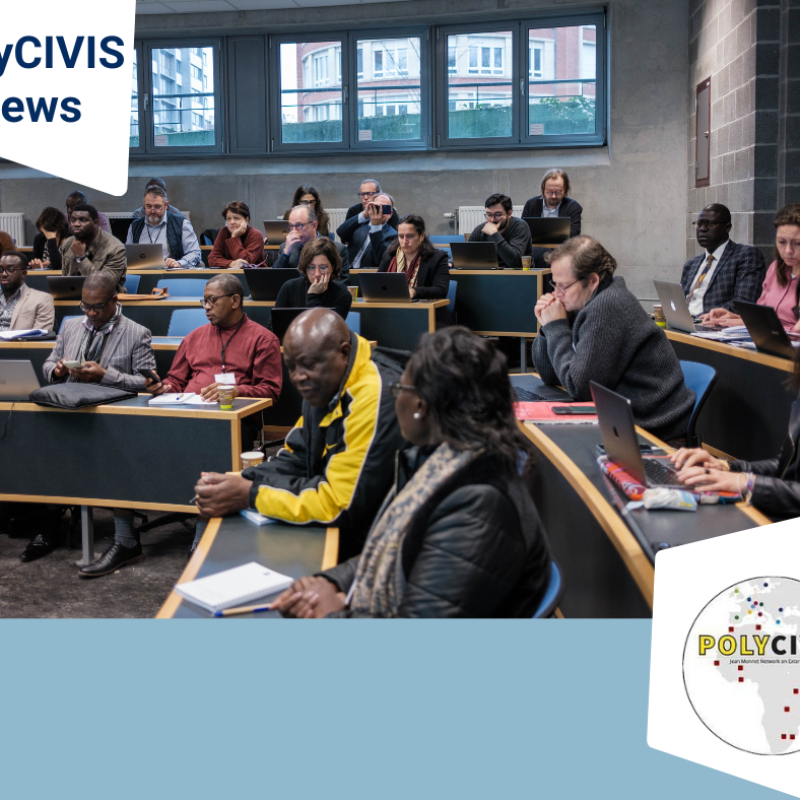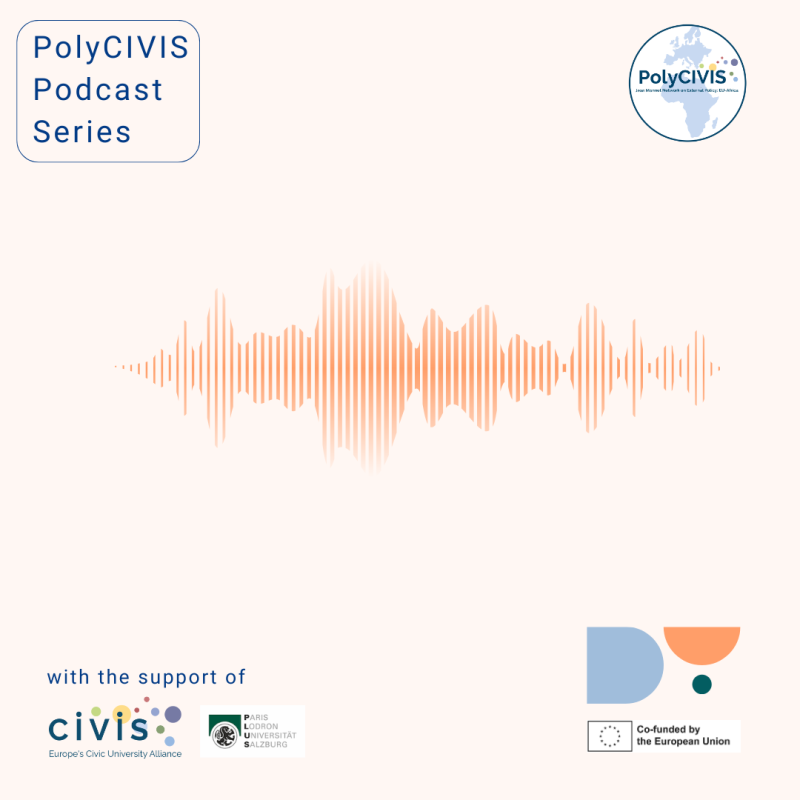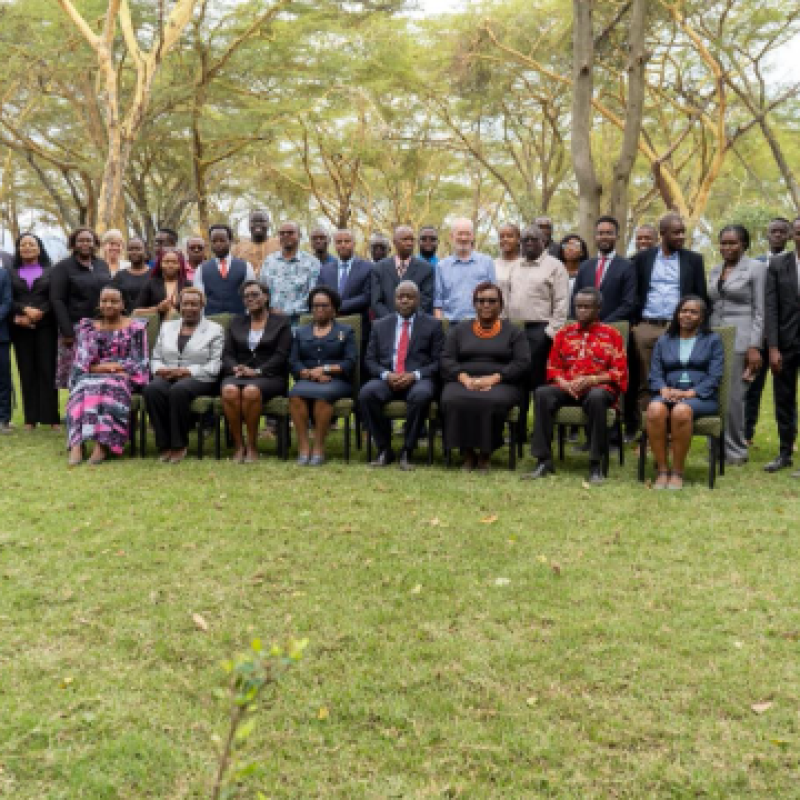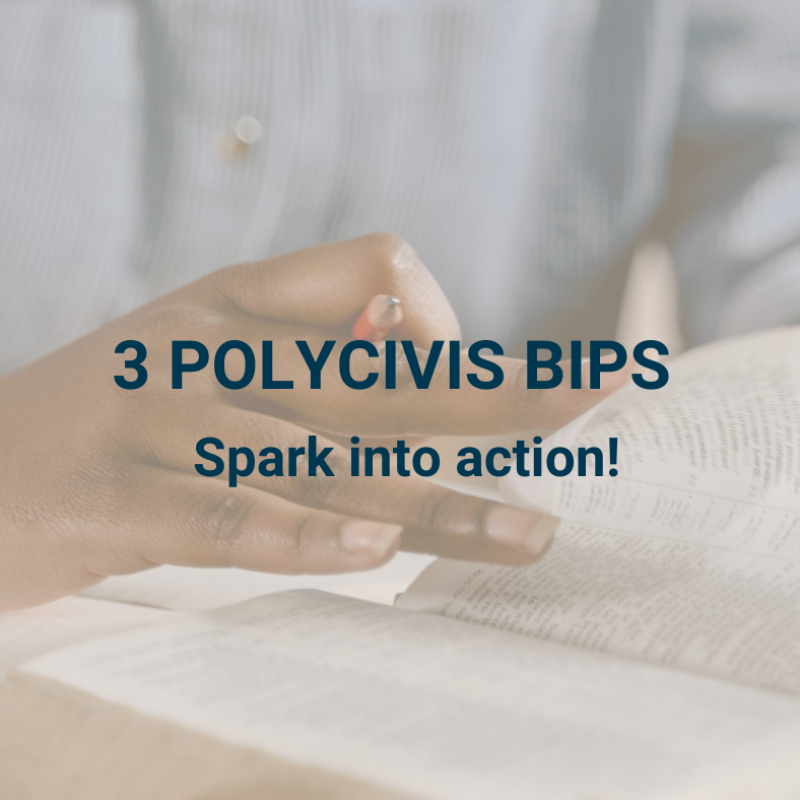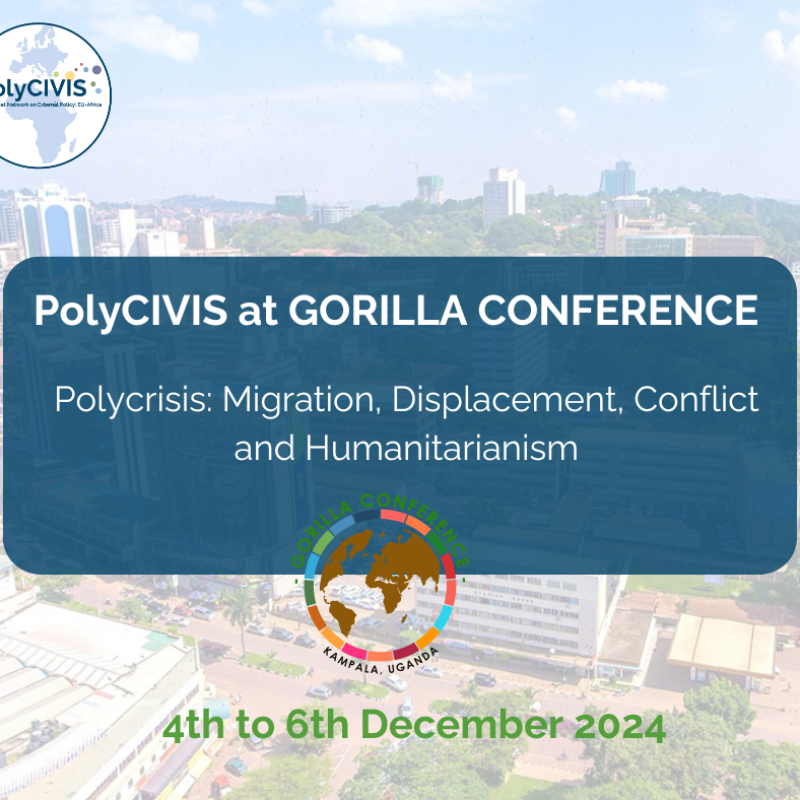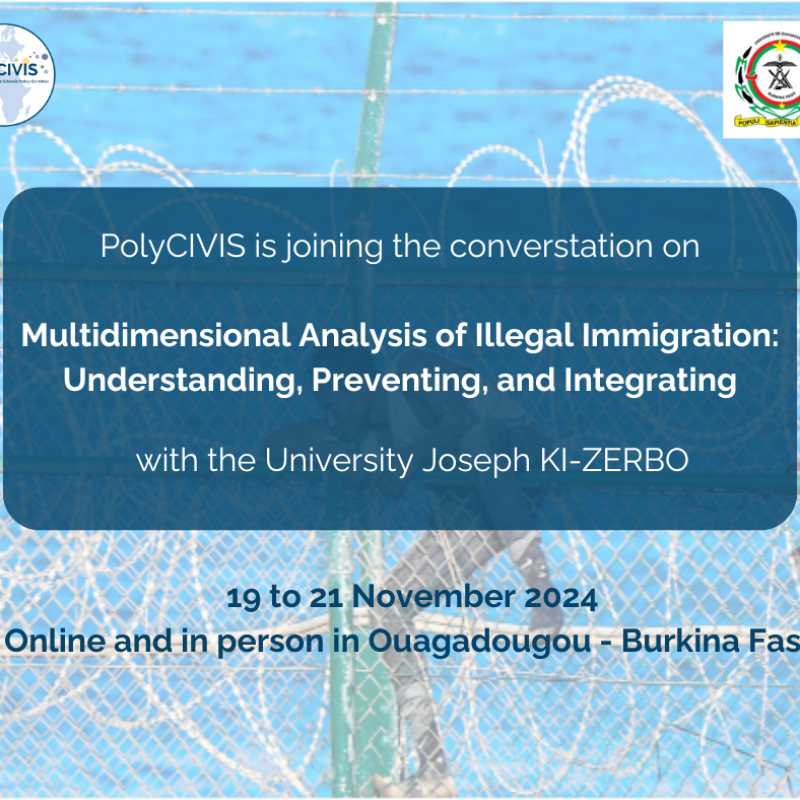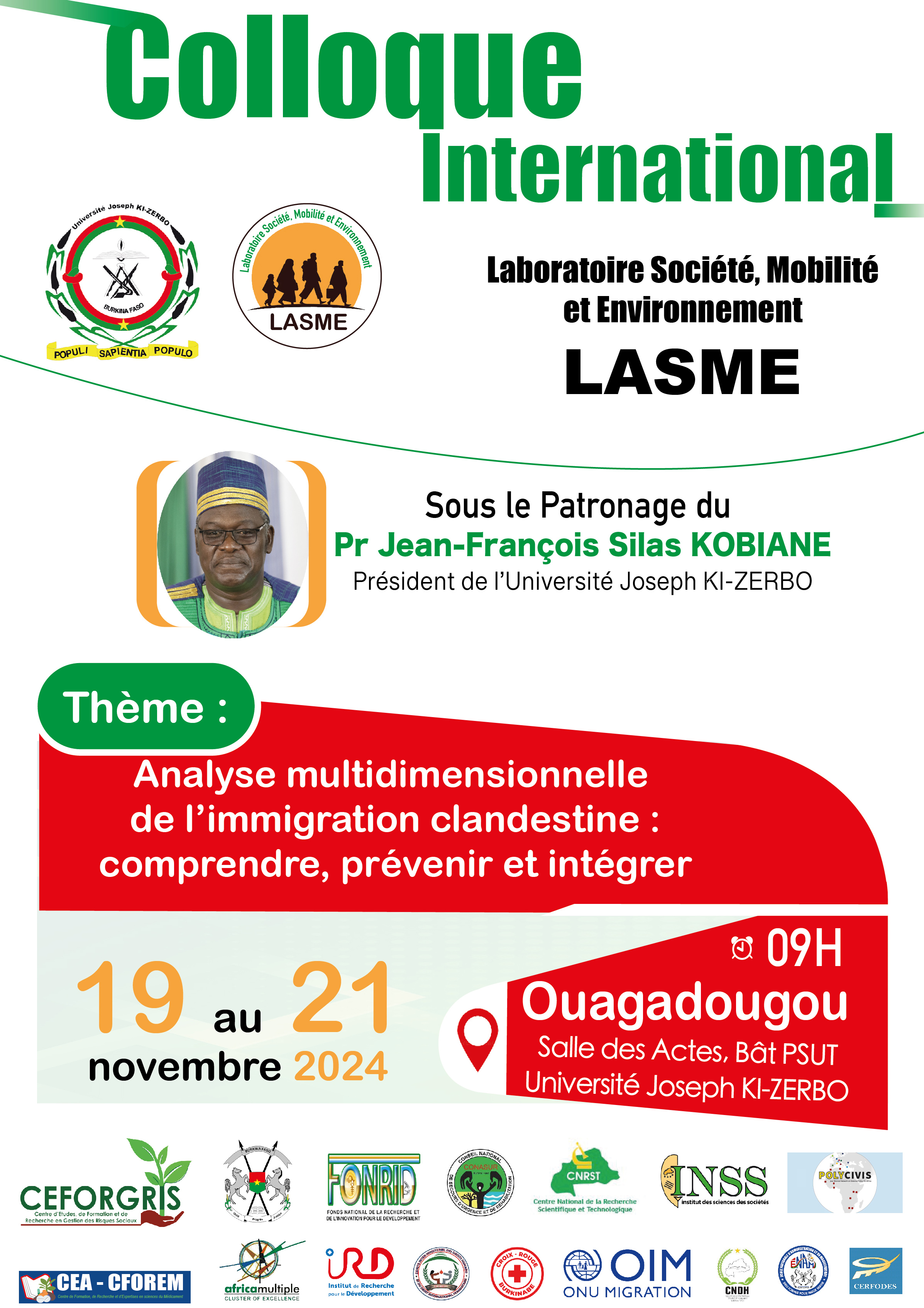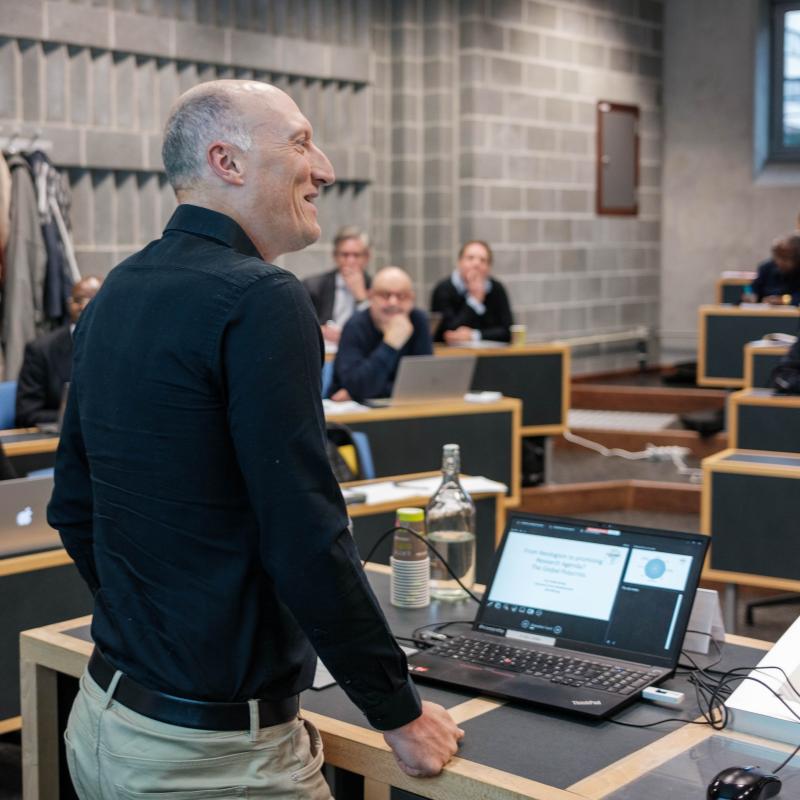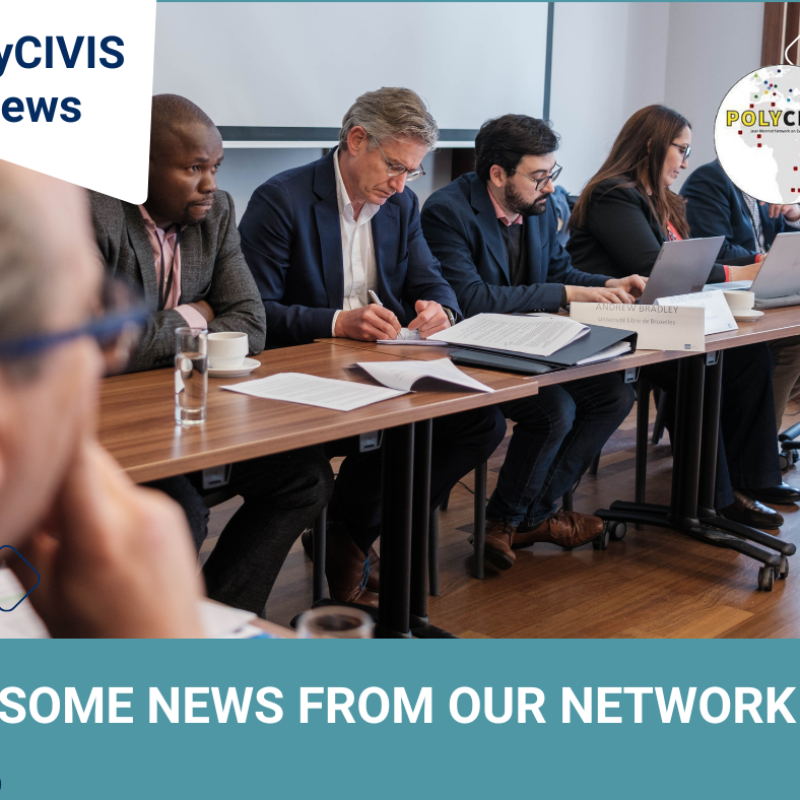"Facing Polycrisis in Europe and Africa"
A crucial hybrid panel discussion on the pressing topic of polycrisis took place during CIVIS Days 2024 in Salzburg.
This event is linked to the PolyCIVIS network, a collaboration between the CIVIS Alliance members and 4 additional African universities.
Watch the recorded roundtable discussion
PolyCIVIS’s 21 universities collaborated in this event bringing together experts from a range of disciplines to reflect together on future strategies, joint actions and consequences of polycrisis.
Speakers:
Prof. Ahmadou Aly Mbaye, Faculty of Economics and Public Policies, Université Cheikh Anta Diop de Dakar
Prof. Mucha Musemwa, Dean of the Faculty of Humanities, University of the Witwatersrand
Prof. Edward Bbaale, Principal & Professor of Economics, Makerere University
Prof. Gudrun Zagel, Faculty of Law, Paris Lodron University of Salzburg
Prof. Anne Weyembergh, PolyCIVIS Project Director, Université libre de Bruxelles (moderator)
Themes:
Defining and understanding polycrisis
Exploring polycrisis’ interconnected global risks and cascading effects
Social impacts and inequalities
Changing the narrative: solutions and resilience
The event was attended by:
This timely event was succesfully attended by researchers, academics, students, policymakers, and other key stakeholders interested in polycrisis, from Africa, Europe and beyond.

